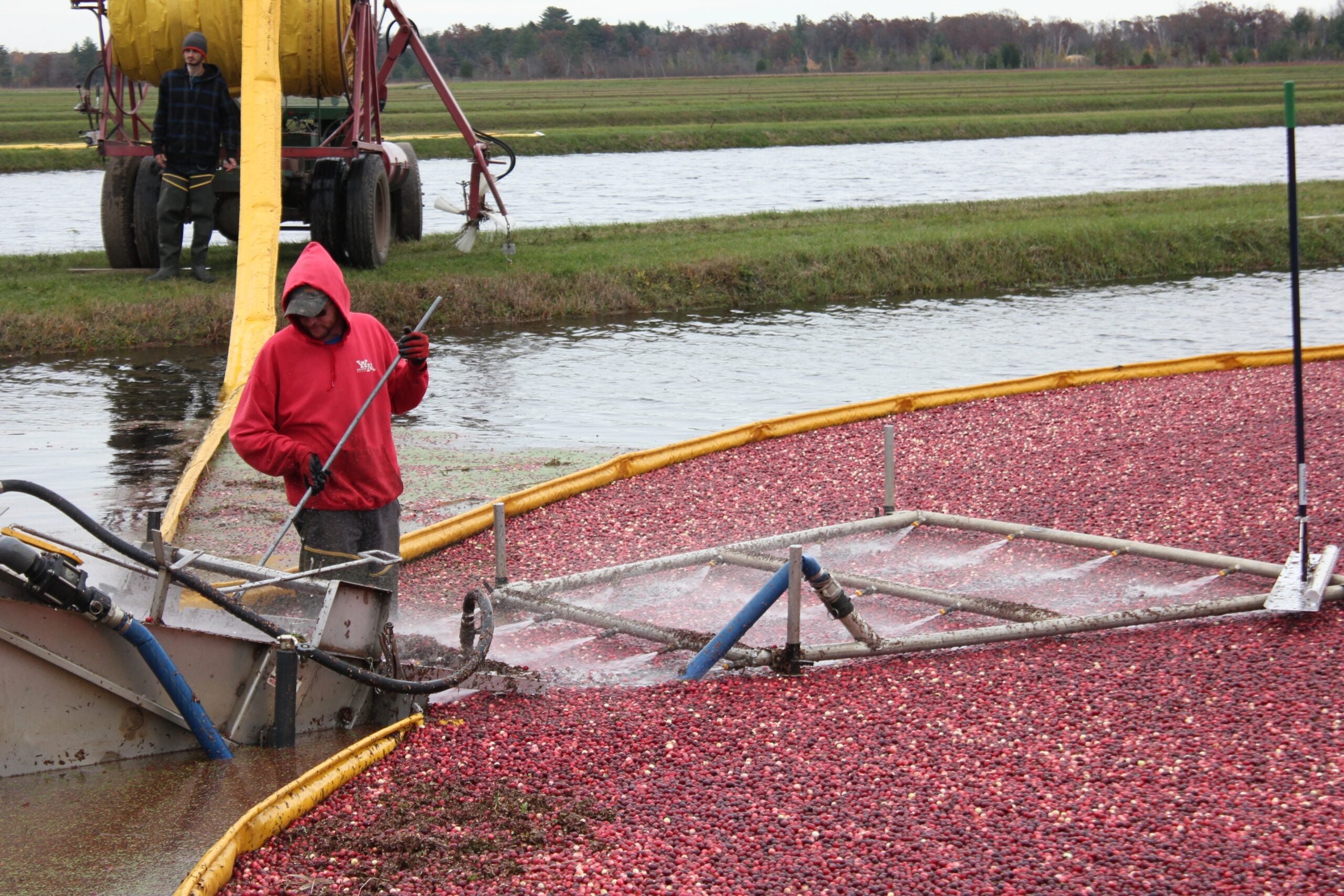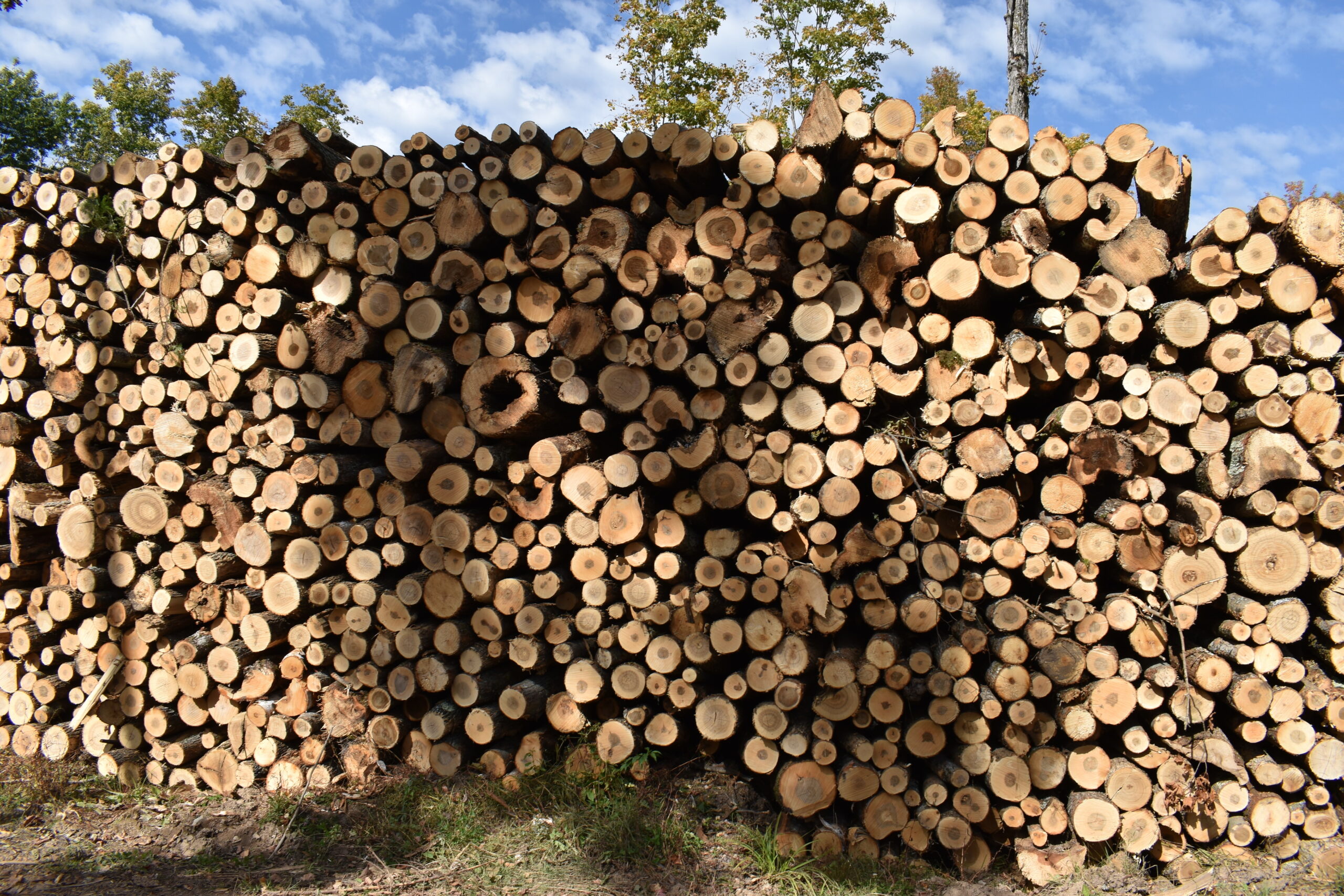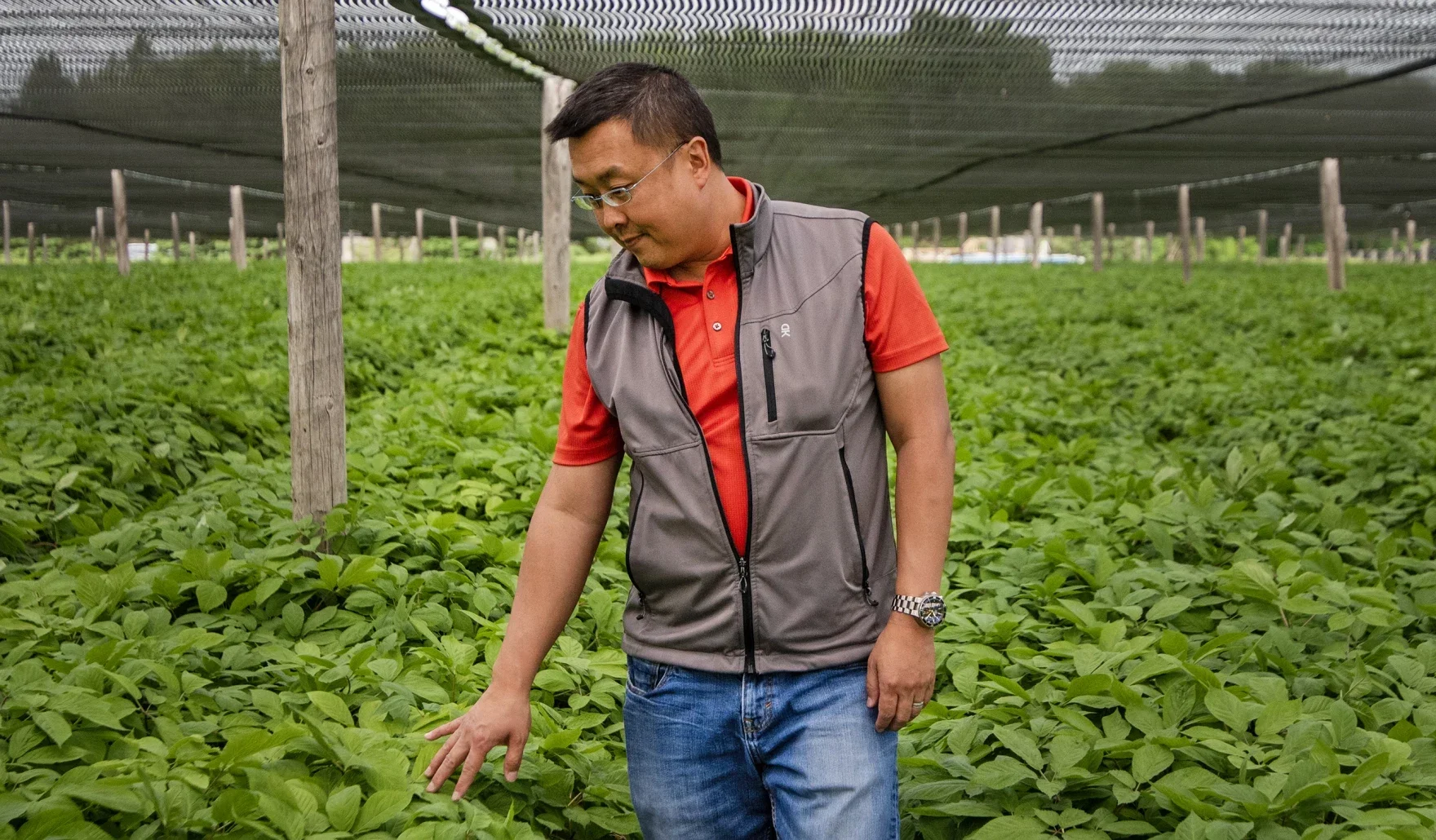China has hiked tariffs on 128 products from scrap metal to sparkling wine, and Wisconsin growers and producers are concerned about what the tariffs may mean for their industries.
China slapped a 25 percent tariff on United States pork products, including everything from hind legs to chops.
Tammy Vaassen, Wisconsin Pork Association executive vice president, said Wisconsin producers exported about a quarter of the pork produced in the U.S. to overseas partners. Of that amount, China was the third largest market last year.
News with a little more humanity
WPR’s “Wisconsin Today” newsletter keeps you connected to the state you love without feeling overwhelmed. No paywall. No agenda. No corporate filter.
“They’re very dependent on our export opportunities,” she said. “If we take away some of those opportunities, we certainly need to add to that or we’re going to lose farmers based on the financial implications that will occur.”
More than $1 billion in U.S. pork was shipped to China last year. Wisconsin produced 305,000 hogs in 2017, according to national statistics. Vaassen hopes the tariffs will be short-lived.
“We certainly are supportive of continuing to expand free trade agreements for our U.S. pork producers and all of our agricultural products that we produce not only in Wisconsin but also across the U.S.,” she said.
China has also placed a 15 percent tariff on cranberries. Tom Lochner, Wisconsin Cranberry Growers Association executive director, said they’ve been trying to grow markets in China due to an oversupply of cranberries driving down prices.
“The Chinese market and India have been identified as important new markets for cranberries in North America, so we just started our efforts in China to grow that market there,” he said. “We have a small footprint there and we’re trying to grow that. Things that make our products uncompetitive or more expensive in China are obviously going to have an impact on those efforts.”
Wisconsin ranked first in the U.S. in the export of cranberries last year. China is the third largest market for Wisconsin exports, according to the Wisconsin Department of Agriculture, Trade and Consumer Protection.
President Donald Trump is preparing to impose around $50 billion in tariffs on Chinese goods.
Wisconsin Public Radio, © Copyright 2026, Board of Regents of the University of Wisconsin System and Wisconsin Educational Communications Board.







